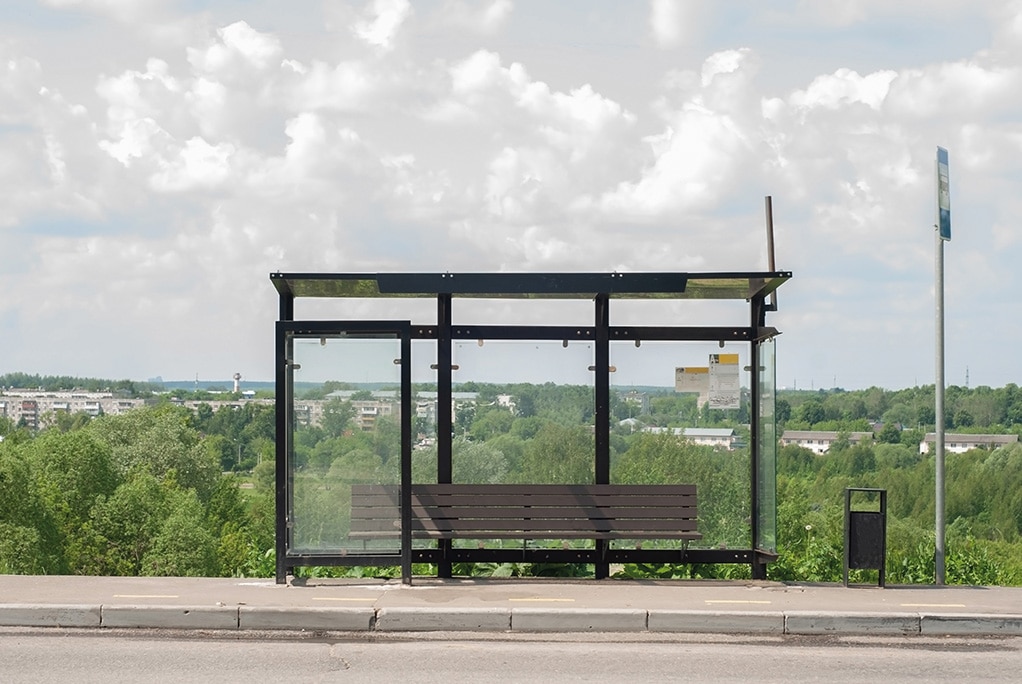Campaign for Better Transport (CBT) has launched a campaign calling for a “national bus stop standard”.
The national charity says many bus stops are “poorly maintained”, and do not provide the most basic amenities and information and adds that guaranteeing a minimum level of service would give more people the confidence to take the bus.
It says there is a lack of investment in infrastructure at the UK’s approximately 400,000 bus stops, with a notable disparity between urban and rural areas.
Focusing on the principles of accessibility, comfort, safety and legibility, the report lists suggested features needed for each of four “categories” of bus stops, which it says should should be defined by local authorities.
Among the most basic requirements for all bus stops should be a printed timetable, a link or QR code for more information and a programme for regular cleaning, inspection and maintenance, it argues.
CBT believes this service level should be funded through a proportion of the central government grants provided to local transport authorities for local bus services and delivered over time, with upgrades a requirement from the next iteration of local bus capital allocations.
The report draws a contrast with rail stations, which meet a minimum level of real-time information even for the least used.
Included in the document are results of a survey by Yonder of 1,081 adults in September, which was commissioned by CBT.
The research found that 23% of people agreed with the statement “I am put off using the bus by poorly maintained bus shelters”. Meanwhile, another finding was that 56% of respondents agreed with the statement “Having live updates about bus arrival times at the bus stop would make me more likely to use the bus more often”.
Quoted in the report, Bus Users UK Chief Executive Claire Walters says: “We need to have standardised requirements for all bus stops and bus stop information, including signs for hail and ride sections. Bus travel should be as easy to navigate and as accessible as possible to encourage more people to get on board.”
Also cited was Alison Edwards, Confederation of Passenger Transport Director of Policy and External Relations, who says: “Bus operators welcome this vital opportunity to help local authorities deliver consistent, high-quality bus stops across the network, which will attract more
passengers and result in better journeys.
“Local authorities should consider the door-to-door experience of passengers and guarantee that the infrastructure around bus stops is accessible and safe, including for passengers with mobility restrictions.
“Meeting national standards must not come at the expense of the day-to-day operation of buses; operators therefore support the proportionate approach of the four-grade system which will help ensure that the most frequently used stops are given the greatest investment.”



























